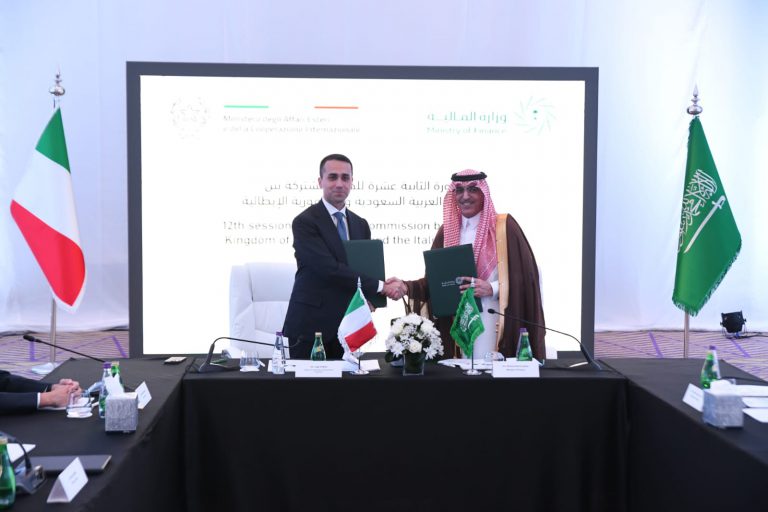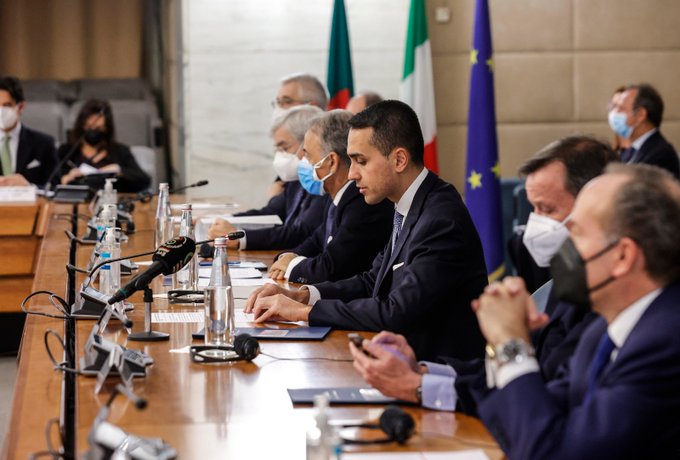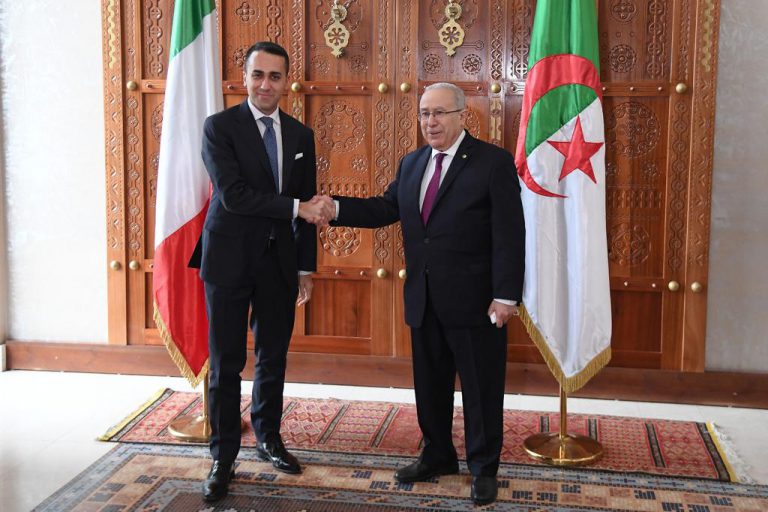Roma – “Yes, it’s true. On the ground we’re seeing that the Assad regime is holding on, and many believe that Europe’s decision to suspend the arms embargo is a signal to his supporters (Russia, and others) to explain that Europe is not abandoning the rebels. We can analyse and re-analyse the military balance, but one thing is sure: there’s no military solution to the crisis in Syria. Indeed, the risk of a large-scale military flare-up is the first thing we need to prevent. Kerry and Lavrov’s commitment to hold a ‘Geneva2’ peace conference should be supported in full. That’s what Europe must do. And I have to say that even the United Nations would find it difficult to open any mediation process without one of the key regional actors, Iran”.
On Monday 27 May, Emma Bonino took her seat at her first Council of European Union Foreign Affairs Ministers with no trace of awe or timidity. She knows Europe, she knows foreign policy, she had her say. “We don’t live on dreams: we need to ask what we want to achieve from ‘Geneva2’. In short, policy must talk, the shooting must stop. It will be a gradual and difficult road, Syria will need a transition government and members of Assad’s regime will need to be part of the process. But we’ll need to follow the approach set out in ‘Geneva1’. Moreover, Geneva2 cannot last just one day, it will need to be the start of a process. We need to have a vision of this peace process, we need to clearly understand what steps to take. That’s what Europe must do, to the best of its efforts”.
Minister, you criticised the way the EU “Foreign Minister”, Lady Ashton, handled the discussion of the embargo.
“Each of us performs our role using the method they prefer. I don’t want to give some sort of lesson, given that I’m the new arrival and have only taken part in one Council, my first. But the question of the embargo had been under discussion for two months. So when the meeting ended not with a ‘proposal’ but with a number of ‘options’ being placed on the table, that opened up the discussion again. Wide open”.
What’s your view of Assad?
“I don’t think there’s any room for doubt. Usually, we speak of states or governments having a ‘responsibility to protect’ their citizens. Here it’s the opposite: we’re in a situation where a regime is attacking its own citizens”.
Hezbollah is openly proclaiming its military commitment in Syria. The EU is discussing whether to include it in the terrorist black-list. What will you do?
“Hezbollah is under investigation for an attack committed in Bulgaria. I’ve asked for the analysis of the events and the judicial analysis to be very thorough, because, irrespective of your positive or negative feelings for someone, you need a strong legal basis to blacklist a person or organisation. Otherwise, we’d be dealing with a politicisation of the case. And everybody’s aware of the fragile situation in Lebanon: there’s already a degree of spill-over, there are incredibly serious humanitarian consequences. Lebanon has 1 million refugees, compared with a population of 5 million; the Jordanians have 500,000. So the spill-over exists. We need to limit the military ‘contagion’”.
The Arab Spring is another issue. Two years on, and there’s still a lot of confusion.
“Can I draw a parallel? At the EU Foreign Affairs Council on Monday there was a meeting, at dinner, with the countries of the former Yugoslavia. 20 years on, I saw the Serbian, Croatian, Albanian and Macedonian ministers seated at the same table. And I thought ‘it’s taken 20 years’. You can’t rebuild a country’s institutions and foster democracy in two days or two years. It will take years, many years, for the countries of the Arab world. For the ‘Arab Spring’ movements, we must arm ourselves with patience and determination. We may even see backwards steps being taken”.
Egypt. You’ve lived there, you know the country. Some people are actually beginning to regret Mubarak’s removal, given the confusion and disorder we’ve seen in recent months in the most important Arab country.
“In the five years I spent there I always thought that Egypt was an enormous pressure cooker with no safety valve. Nobody was able to say when, but it was clear to me that it would explode. Today Egyptians are feeling a sense of disappointment: they wanted more economic development, more jobs and more freedom. And none of that has materialised. There’s disappointment and frustration. But, now that an institutional process is in place, then maybe the next elections will bring different results”.
Israel and Palestine: will the negotiations resume?
“We’re at a very delicate stage. I’ll say just one thing: the initiative proposed by Kerry, by the Obama administration, really is the last possibility. If he fails, then I just don’t know when discussions will resume. And I don’t know if they’ll resume in political-diplomatic terms! Kerry has taken a courageous initiative, and we Europeans have a responsibility to support him. I can’t accept adolescent behaviour on this, a half-hearted desire to take centre stage. Europe must support him in full and exert pressure on both sides. It must not pose objections. Both must make concessions, Israel in particular. If Europe has a role to play, it is to make sure both sides understand that”.






